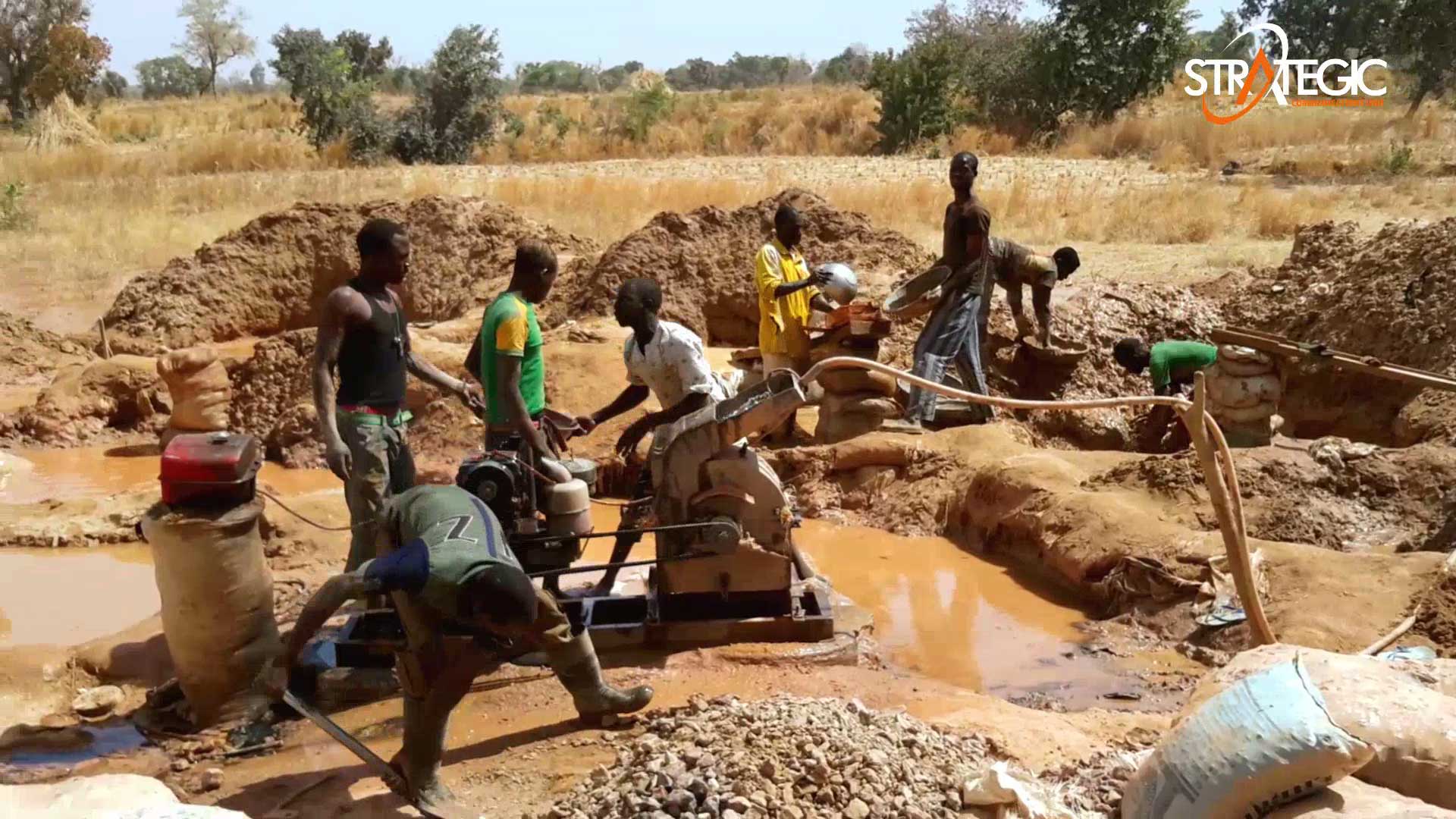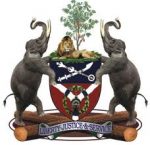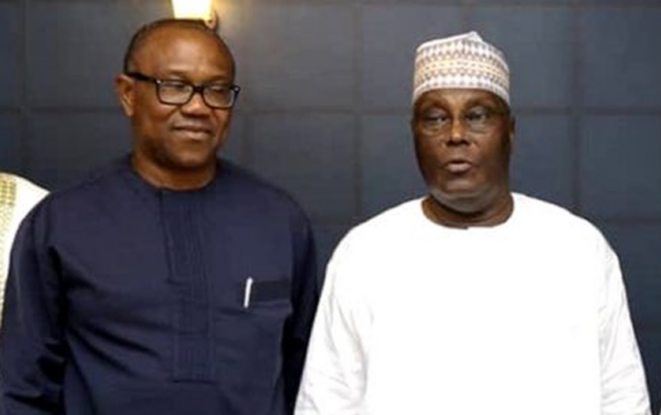5% Mining Revenue Proposed For Host Communities – Reps


A five per cent of revenues on solid minerals to host communities is being proposed by the House of Representatives Committee on Solid Minerals.
This was disclosed by the chairman of the committee, Jonathan Gaza on Monday at a public policy dialogue on Nigeria’s minerals and mining legislation, organised by the committee at the National Assembly Complex, Abuja.
Gaza said the Nigerian Minerals and Mining Act (Amendment) Bill being considered would give five per cent of the total revenue of all minerals mined to the host communities.
According to him, when passed, the bill would allow for the establishment of a Mines Inspection and Environmental Agency to provide improved and deeper oversight of mining activities and bridge the gap between the Federal and State Governments to empower the Mineral Resources and Environmental Management Committee for effective and joint oversight.
He said, “The establishment bill for a Solid Minerals Development Company allocates 75 per cent ownership to the private sector and 25 per cent to the federation of Nigeria. Community Development and the Environment are prioritised in the bill. The Petroleum Industry Act sets aside three per cent of their annual operational expenditure for host communities.
“In the bill, we have set aside five per cent of the revenue for all minerals mined to the host communities, and this is due to the informality of the sector. We believe that it can be reviewed and improved through this programme.”
The Governor of Nasarawa State, Abdullahi Sule, who attended the session, said non-Nigerians operating in the nation’s solid minerals sector were earning big, leaving the citizens with peanuts.
He noted that to turn around the fortunes of the sector for the benefit of Nigerians, there is a need for institutional reforms.
Sule said, “One community in Nasarawa got some kind of compensation of a very small amount of N700m. They were so excited but this was nothing compared to the time when lithium was running roughly about $76,000 per metric ton.
“If we are serious about the future of the economic situation of Nigeria, we must reform what we call the solid mineral sector and if we must reform, we must come up with policies and reform them to benefit Nigerians. If we don’t do that, we will just be joking.”
Earlier while declaring the dialogue open, the Deputy Speaker, House of Representatives, Benjamin Kalu, said the bill if passed, would mark a turning point for the nation’s mineral wealth, stressing that the nation’s vast mineral resources had remained largely untapped, and undeservedly ignored by reliance on oil.
Kalu pointed out that the challenges of insecurity, inadequate infrastructure, and a lack of skilled manpower had continued to work against the development of the solid mineral sector, adding that the challenges would be addressed by the proposed amendment bill.
“Despite boasting over 40 commercially viable minerals, the mining sector contributes a mere 0.3 per cent to our Gross Domestic Product. Our duty call today is to turn the tide. There are indications of a renewed vigour in our mining industry, fueled by a collective will to diversify our economy, create jobs, and unlock the immense potential that lies beneath our soil.
“The 2016-2025 Mining Industry Development Roadmap, aiming to increase the sector’s GDP contribution to three per cent by 2025, is already showing progress. Projects like the Segilola Gold Project in Osun State governed by a private-sector-led lens are injecting millions of dollars into our economy and attracting much-needed investment,” he stressed.


Kazeem Badmus is a graduate of Mass Communication with years of experience. A professional in journalism and media writing, Kazeem prioritses accuracy and factual reportage of issues. He is also a dexterous finder of the truth with conscious delivery of unbiased and development oriented stories.










